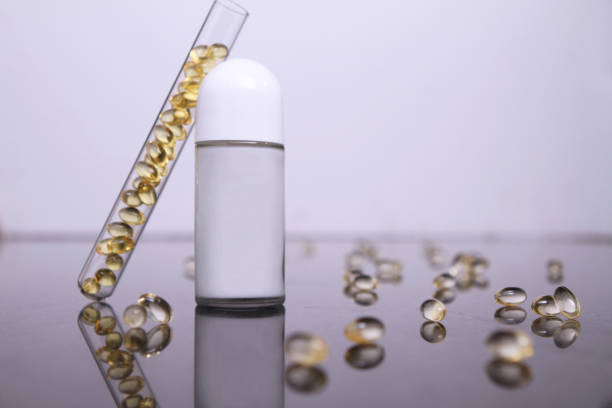We talk to our clients in our Hollywood and New York offices daily about the skin, skincare, and what ingredients will most benefit their skin. Many ask about acids and how to combine them with other potent ingredients.
These two ingredients are known for their ability to fight acne. Many wonder whether they will complement each other when used together or cause irritation. Our Skin Health Experts agree you can use a BHA such as salicylic acid with natural vitamin retinol, but they must be applied correctly. Continue reading to get expert advice on adding both to your skincare routine.
What is the use of salicylic acid on the skin
Two different types of acids are used in skincare: AHAs and BHAs. Salicylic acid, the most common BHA, balances sebum production on your skin and removes dead cells. It is an oil-soluble acid that penetrates the hair follicles of the skin, breaking the bonds between cells. This helps to remove the dead skin cells and excess oils trapped within pores. Salicylic acid has anti-inflammatory properties and can calm sensitive skin.
Salicylic Acid Benefits
Exfoliant: Removes dead skin cells.
Kills bacteria and germs.
Cleaning: Removes oil trapped inside pores.
Antiinflammatory: Calms inflammation and visible redness.
How is Retinol used for skin
We’re here for you if you’ve heard about the benefits of Retinol but haven’t yet taken the plunge to try it. Retinol (derived from Vitamin A) converts into retinoic acids when applied to the skin. The retinoic acids bind to the receptors of our skin cells, accelerating cell turnover, increasing collagen production, and increasing skin tone. Retinol, while a beneficial and safe skincare ingredient, must be used at the correct doses. We recommend patch-testing it on individuals with sensitive and fair skin. Watch for signs of irritation, such as redness or peeling. Apply to your face overnight, and you will see a visible improvement in the skin. Reduce usage if you notice irritation. Mix Retinol and a mild moisturizer, such as Goat Milk Moisturising Cream and PeptideK8 Power Cream, to make the transition even more accessible. Use Retinol only once per week. Once skin becomes accustomed, increase frequency to 2-3 times weekly.
Retinol Benefits
Clearing up: Does Retinol work for acne? The simple answer is yes. Retinol is a powerful ingredient with anti-aging properties. It also has anti-inflammatory, antioxidant, and anti-microbial properties.
Wrinkle-Reducing: The ability of Retinol to increase skin cell turnover helps smooth the skin texture by reducing wrinkles, fine lines, and scars.
Smoothing Retinol gradually resurfaces and retextures your skin.

